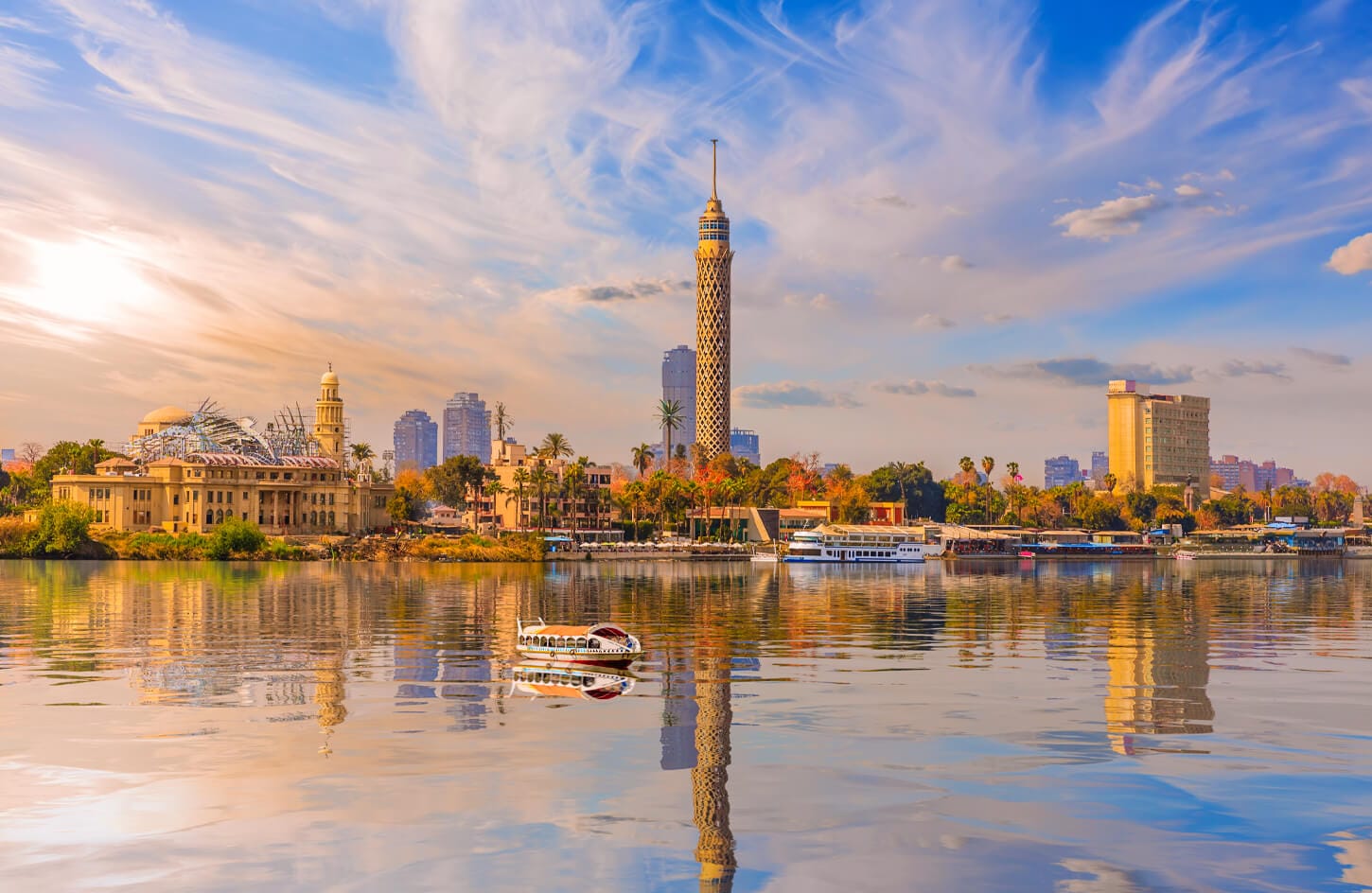Egypt, with its rich history and vibrant culture, offers travelers a unique experience steeped in ancient wonders and modern traditions. However, understanding cultural etiquette in Egypt is essential for ensuring a respectful and enjoyable trip. Whether you’re exploring bustling markets, visiting mosques, or engaging with locals, following cultural norms will enhance your travel experience and show respect for this fascinating country’s customs.
Understanding Egyptian Social Norms
The Importance of Respect in Egyptian Society
Respect is a cornerstone of Egyptian culture, particularly when interacting with elders, authority figures, and hosts. Politeness, patience, and humility go a long way in building positive relationships. Egyptians often place significant importance on hospitality, and you may find locals going out of their way to make you feel welcome.
Gender Roles and Expectations
In Egypt, gender roles tend to be more traditional than in many Western countries. Men and women often have distinct social roles, and interactions between genders may follow certain unspoken rules. For example, women travelers should be prepared for occasional attention but can avoid misunderstandings by dressing modestly and maintaining a polite yet firm demeanor. Men should also approach interactions with women respectfully.
Dressing Appropriately in Egypt
Modesty in Attire
Egyptians, particularly in rural and conservative areas, value modest clothing. For women, this means covering shoulders, cleavage, and knees. Long skirts, loose trousers, and lightweight blouses are excellent choices. Men are also advised to avoid wearing shorts or sleeveless shirts, especially when visiting religious sites.
Dressing for Mosques and Religious Sites
When entering mosques, both men and women should ensure their arms and legs are covered. Women may also be required to wear a headscarf, which is often provided at larger mosques. Removing shoes before entering sacred spaces is customary.
Greetings and Communication in Egypt
Handshakes and Verbal Greetings
Greetings in Egypt are warm and often involve a handshake. When meeting someone of the opposite gender, wait for them to initiate the handshake. Common phrases like “As-salamu alaykum” (peace be upon you) and “Shukran” (thank you) are appreciated and show effort in understanding local customs.
Body Language and Gestures
Avoid using the left hand for gestures, eating, or handing over items, as it is traditionally considered unclean. Pointing with a finger is also discouraged; instead, use your whole hand or a nod to indicate something.
Dining Etiquette in Egypt
Invitations to Meals
If you’re invited to an Egyptian home, it’s a great honor. Always bring a small gift, such as sweets, flowers, or a token from your home country. Arrive slightly late, as punctuality is less rigid in Egyptian culture.
Table Manners
When dining, wait for the host to begin eating before you do. It’s polite to accept second helpings as a sign of appreciation. Avoid eating or drinking with your left hand, and remember that communal dining often involves sharing dishes from a central plate.
Navigating Public Spaces
Behavior in Markets and Bazaars
Egypt’s markets, or souks, are vibrant hubs of activity. Bargaining is expected, and it’s important to engage with vendors respectfully. A friendly yet firm tone works best. Avoid discussing politics or religion unless initiated by locals, and always remain courteous even during price negotiations.
Photography Etiquette
While Egypt’s landscapes and landmarks are highly photogenic, always ask for permission before taking photos of people, particularly women. In some places, photography of government buildings, military sites, or bridges is prohibited.
Visiting Religious Sites
Understanding Religious Sensitivities
Egypt is predominantly a Muslim country, with Islam influencing many aspects of daily life. Visitors should respect Islamic practices, such as prayer times and Ramadan fasting. During Ramadan, avoid eating, drinking, or smoking in public during daylight hours to show cultural sensitivity.
Behavior in Mosques
Silence and decorum are essential when visiting mosques. Dress modestly, remove your shoes, and avoid interrupting worshippers. It’s also polite to avoid visiting during peak prayer times unless explicitly permitted.
Transportation Etiquette
Using Public Transportation
Egyptians are generally helpful when it comes to guiding travelers, but understanding the dynamics of public transport is key. On crowded buses and trains, give up your seat for elders or women. If using a ride-sharing service, greet your driver warmly and confirm your destination.
Navigating Taxis
Always agree on a fare before starting a ride in a traditional taxi. For women travelers, sitting in the back seat is advisable to maintain a sense of privacy.
Key Tips for a Positive Experience
- Learn Basic Arabic Phrases: Even a few words like “min fadlak” (please) and “afwan” (you’re welcome) can go a long way in building rapport.
- Be Patient and Flexible: Egyptian culture values relationships over rigid schedules, so expect some delays or changes in plans.
- Respect Local Customs: From dress codes to dietary practices, aligning with local traditions demonstrates cultural awareness and respect.
Conclusion
By understanding and embracing cultural etiquette in Egypt, travelers can create meaningful connections, enjoy unique experiences, and leave a positive impression. With these tips in mind, you’ll be well-prepared to navigate the cultural nuances of this extraordinary destination.


